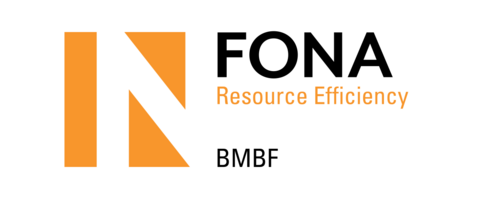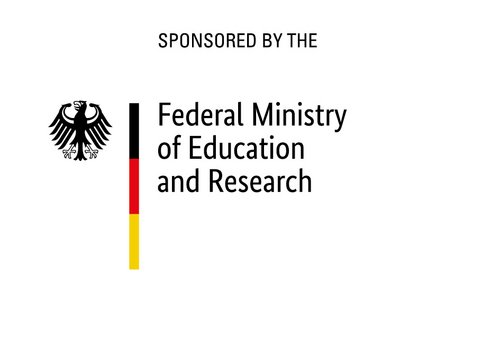CirCoolDes
Circular by Design: Resource Use Transition by Sustainable Product Design of Consumer Goods Using the Refrigerator/Freezer as a Case Study
Recycling plays an increasingly important role for achieving a Circular Economy as promoted at European level but is hardly considered in the phases of product design or manufacturing. Only an effective recycling allows to recover materials, substitute them in the production process, and, thereby, save primary materials. A decisive obstacle lies in the unfavourable or not-future-oriented design of products regarding the recovery of the raw materials at the end of the life cycle (EoL), both in terms of constructive and life-cycle oriented product design and selection of materials.
This is where this project comes in: The researchers use a concrete case study (refrigerator/freezer) to demonstrate the resource efficiency potential of different design scenarios. The central contributions of the project are the simulation of a circular product design for refrigerators/freezers, which is optimised for resource efficiency as well as energy efficiency, and the design of corresponding concepts for cooling services (Design for Circularity and Sustainability). The project scientists combine technically oriented evaluation methods of the Helmholtz Institute Freiberg (HIF, lead) and the Wuppertal Institute. In addition, the Wuppertal Institute together with the Folkwang University (FUdK) is developing approaches for innovative product design and the related service systems. The practice partners Liebherr Household Appliances as a producer, Entsorgungsdienste Kreis Mittelsachsen as a disposal service provider and Becker Elektrorecycling Chemnitz as a recycling company also contribute their expertise.
The researchers of the Wuppertal Institute evaluate the resource efficiency and circularity and develop a decision tool to support the design of resource efficient product-service-systems. For this purpose, they analyse the resource consumption along the product life cycle phases and also consider macroeconomic effects of the refrigerator sector via multi-regional input-output modelling. In addition, the Helmholtz Institute Freiberg simulates the recycling processes focussing on metal recovery rates to establish a comprehensive tool. The project is embedded in a step-wise Living Lab process promoting an open, experimental and innovative way of thinking. Finally, apart from demonstrating a circular design, the researchers propose transition pathways and business models for a resource transition in the consumer goods sector.
The project is funded by the Federal Ministry of Education and Research (BMBF) since 1 July 2019 for a period of three years.



